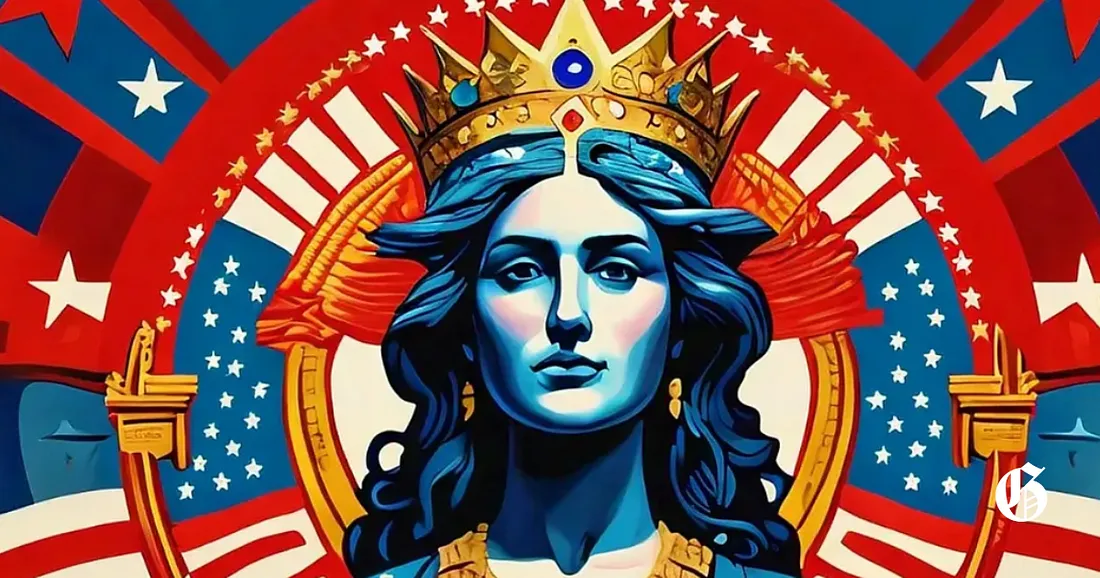Norway’s environment minister has ruled out the prospect of banning open-net fish farming at sea, despite the growing recognition that it poses an existential threat to wild North Atlantic salmon populations. The country’s salmon industry, the world’s largest producer of farmed salmon with yearly exports of 1.2 million tonnes, is under increasing scrutiny as the wild salmon population continues to dwindle.
Wild salmon numbers in Norway have significantly dropped, from more than a million in the early 1980s to approximately 500,000 today. While the ongoing climate crisis has contributed to this decline, the salmon farming industry’s impacts—such as the escape of farmed fish and the proliferation of sea lice parasites—are recognized as contributing factors. These factors have pushed the wild salmon population to historically low levels, prompting the closure of 33 rivers to salmon fishing in 2024.
Andreas Bjelland Eriksen, Norway’s climate and environment minister, emphasized that while the impact of industrial activity on wild salmon is concerning, the goal of his administration is to regulate and reduce the pollution produced by the aquaculture industry rather than halting fish farming altogether. During a recent speech at the Missing Salmon Alliance conference in London, Eriksen remarked that “this is basically an existential threat against the wild Atlantic salmon, and if we overlook that, I don’t think we will be able to do the measures that we need to do.”
Although Eriksen acknowledged the “exceptionally bad” year for wild salmon in 2024 and identified the declining trends as indicative of broader environmental stress, he has made it clear that the government will not impose a blanket ban on open-net fish farming. Instead, he aims to find an “acceptable level” of pollution that could allow both the continued production of farmed salmon and the survival of wild salmon populations. The government has also introduced measures to limit salmon fishing, including proposing the most restricted salmon fishing season on record for this year.
Eriksen’s statements reflect a broader concern for balancing industrial production with environmental sustainability. While he recognizes the adverse effects of fish farm pollution on marine ecosystems, he maintains that finding a way to regulate pollution levels is the best path forward. He has called for regulatory frameworks that incentivize sustainable aquaculture practices without exceeding the pollution limits that could endanger wild salmon stocks.
For more details on sustainable fishing practices and policies aimed at protecting wild marine life, see additional resources on ocean conservation and aquaculture innovations.




















